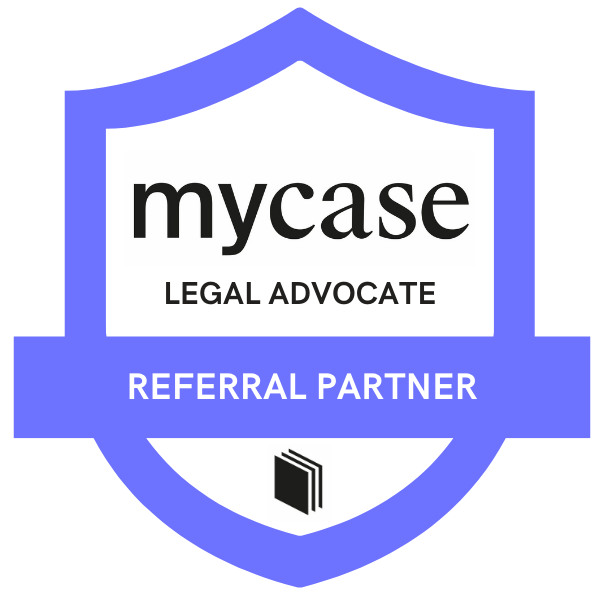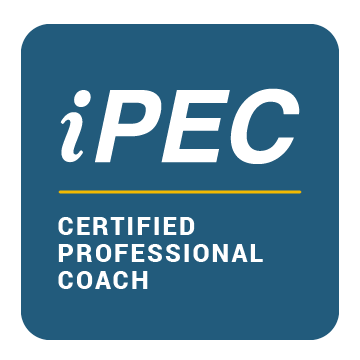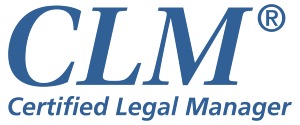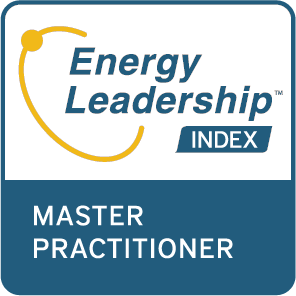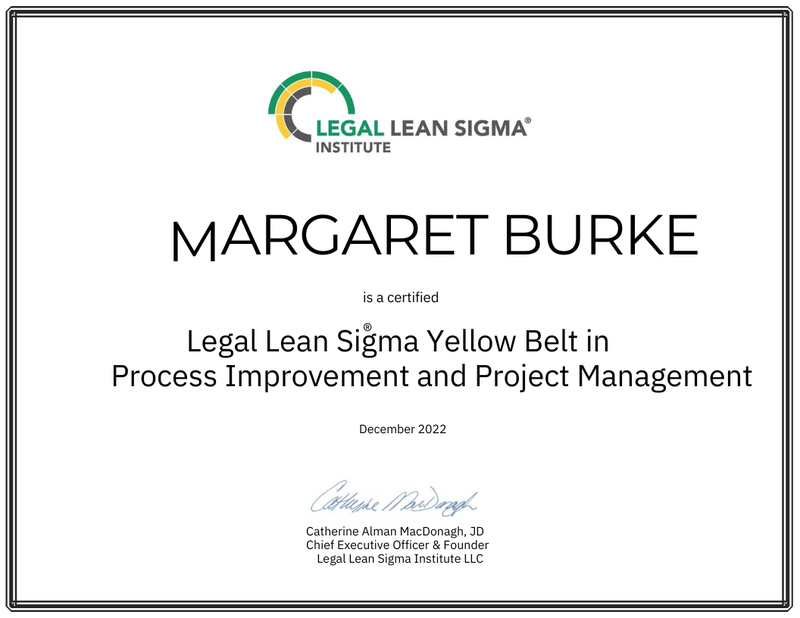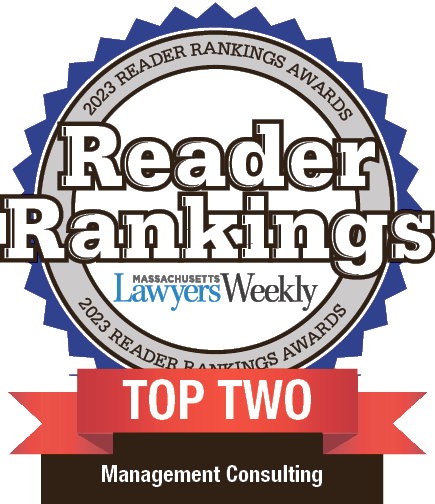Three networking efforts you can apply to leverage your connections and professional growth.By: Margaret Burke MB Law Firm Consulting, LLC In today's professional landscape, networking has become a powerful strategy to open the door to unique opportunities. These opportunities include acquiring new knowledge and skills, gaining fresh perspectives, and nurturing professional connections. In essence, networking is both enriching and empowering, equipping us with invaluable resources for success. Drawing from my experience as a law firm consultant, I've seen firsthand how networking can develop professional and business careers by building quality and trustable relationships. While this seems easy, it requires a strategy, organization, and consistent execution. With this in mind, MB Law Firm Consulting offers three actionable examples of networking efforts you can implement today to bolster your professional growth: 1. Embrace technology and utilize social networks. Networking methods have evolved drastically with technological advancements and the rise of social media platforms. With just a click, we now have access to tools that can help us achieve our professional and business objectives. LinkedIn is a prime example of a social networking platform dedicated to fostering professional connections. With over 200 million users in the United States alone and a staggering 900 million users worldwide as of LinkedIn 2023 Statistics & Data Trends, it's clear that this platform offers immense potential for networking. As the leading country in LinkedIn usage, followed by India with 101 million users, there's no better time to capitalize on this platform's ability to connect professionals with one another. Additionally, consider engaging with podcasts. In addition to exposure to specialists and influencers, some podcasts host events, webinars, or meetups, where guests and listeners can network with each other and collaborate about the podcast episodes further. Embracing podcasts can provide valuable networking opportunities and allow you to connect with like-minded individuals who share your interests. Through digital networking, you can cultivate client relationships, establish partnerships, access educational resources such as webinars, and much more. The opportunities are endless.
2. Conferences and round tables. Engaging in workshops, roundtable discussions, or breakout sessions is a good option to target specific areas of interest or expertise. These smaller group settings provide opportunities for more intimate networking and deeper conversations. Conferences are also explicitly targeted; they offer a focused environment and provide structured events and informal chances for interaction, access to industry leaders, and a platform to showcase expertise. These types of events provide spaces to come together, exchange ideas, and share experiences. 3. Don't forget the basics. In the pursuit of digital networking, don't overlook the power of face-to-face interactions. Inviting colleagues, mentors, or contacts for coffee meetings or lunches provides an informal setting to deepen relationships, discuss industry trends, and explore potential collaborations or opportunities. Plus, you will have a good time. More impactful networking opportunities are available now than ever before. Choose the ones that fit your personality, professional goals, and available time. To succeed and build meaningful relationships, get involved as much as possible and be consistent. Networking is one of the most successful strategies for growing professionally. In the comments, let us know about other tools or types of networking that you have implemented successfully.
0 Comments
You might start by categorizing tasks based on urgency and importance, using tools like the Eisenhower Box to visually sort your to-dos. Focus first on what truly moves the needle so high-priority cases and clients receive the attention they deserve. Batch Similar TasksThe human brain loves efficiency. By batching similar tasks, you reduce your mental load and the time you lose switching between different types of work. For instance, allot specific times for client calls, case research, and emails to streamline your workflow and free up stretches for uninterrupted work. Embrace TechnologyThese days, technology is the last word in time management. Aside from general time management apps, legal-specific software is available for case management, document automation, and client communication. Tools like Clio or MyCase can help you keep track of deadlines, manage documents, and communicate with clients. Investing in these tools pays dividends in efficiency and accuracy. Delegate WiselyYou’re not alone; every law firm has people in place to assist, and delegating tasks can significantly free up your schedule. Identify responsibilities that don't necessarily require your expertise and assign them to executive assistants, paralegals, or junior lawyers. Doing so not only frees you for high-value work; it also builds your team’s skills and confidence. Set Realistic DeadlinesOvercommitment is time management’s nemesis and worry’s best friend. Set realistic deadlines for yourself, your team, and your clients, and communicate those clearly to manage expectations and reduce stress. When estimating timelines, build in a buffer to account for potential delays or unforeseen issues—accounting for these challenges ensures you’ll deliver quality work on time. Take Care of YourselfEffective time management isn't just about work. It’s important to incorporate breaks, exercise, and hobbies into your routine as well to recharge your batteries, spark creativity, and actually improve productivity. Besides, a healthy work-life balance is pivotal to prevent burnout in any profession.
Mastering time management in your practice means maximizing the time you have so you can give your clients the best possible service while also enjoying your professional journey. In the fast-paced world of law firms, pursuing success often comes at the cost of personal well-being. In the legal field, the term "work-life balance" is often elusive, but it is a crucial factor in sustaining a prospering law practice. Small law firms, in particular, can benefit significantly from adopting a strategic approach to managing work demands while cultivating a healthy team environment. One key aspect of achieving work-life balance is fostering open communication within your team. Encourage dialogue and actively seek feedback on how the firm can better support its members. By creating an environment where team members feel heard and valued, you contribute to a positive workplace culture that enhances professional and personal growth. Achieving work-life balance in the legal profession requires a proactive and open-minded approach. Firm leaders should lead by example and encourage open communication about workloads, stressors, and challenges. Implementing flexible work arrangements, such as remote work options or flexible hours, can also contribute to a healthier work-life balance and help retain your top talent. In pursuing success, it's essential to remember that a thriving law firm is built on a foundation of well-balanced and fulfilled individuals. By investing in your team's well-being, you not only foster loyalty and job satisfaction but also enhance the overall productivity and success of your law firm. To sum up, achieving work-life balance in your firm is not just a luxury; it's a strategic necessity. You're investing not only in a well-balanced team that provides excellent legal service to your clients but also in the retention of your lawyers and professional staff. At MB Law Firm Consulting, we understand the unique demands law firms face, and we're here to guide you in navigating the delicate balance between professional obligations and personal fulfillment. Let us help you strike the perfect balance between professional demands and personal well-being, creating a pathway to sustained success for your law firm. “Lawyer-speak” or “legalese” is an infamous language style characterized by legal terminology, complex sentence structures, and formal conventions. Although it is precise, legalese is often difficult to understand. For example, whereas in casual English one might say, "You must pay the rent on time," in lawyer-speak the same instruction might be relayed as, “The lessee is obligated to remit the monthly rental payment on or before the specified due date stipulated in the lease agreement." So, when we talk about effective communication in law firms, one of the aspects we’re referring to is turning complex legal jargon into a language everyone can understand. In other words, effective lawyers break down intricate legal concepts to make them comprehensible for clients, colleagues, and anyone who doesn’t know a tort from a tart. After all, when it comes to client relations, success isn’t only measured by the number of cases won; it's about being able to decipher legal mysteries for clients who trust you to act in their best interests. Clear communication is one way to keep that trust alive. But a successful law firm isn’t only about clients. Effective communication is also the glue that holds the team together. Legal matters are like group projects—everyone has a role, and if someone isn’t on the right page due to a messaging breakdown, chaos ensues. On the other hand, when everyone is in sync, says wellness and life coach Allaya Cooks-Campbell, the office will reap the following benefits: Better Engagement - Communication establishes personal connections, encourages feedback, and conveys the company's objectives and vision, all of which lead to better employee engagement. Increased Morale - Effective communication empowers team members, gives them a sense of belonging and responsibility, and helps build camaraderie. Improved Productivity - Good communication helps team members understand their roles and therefore perform them better, which in turn saves time and resources. Reduced Turnover - A 2019 study by employee engagement platform Peakon found that the number one thing employees said they were dissatisfied with at work was poor communication, and dissatisfaction almost inevitably leads to turnover. Better Collaboration - Collaboration can’t occur without communication. How can a team pursue and reach a common goal without the effective exchange of information and ideas? Fewer Workplace Conflicts - Clear communication can prevent misunderstandings and therefore avert work-related conflict. Successful law firms practice effective communication that simplifies legal language, enhances teamwork, and propels success. Clear communication boosts client trust, improves results, and cultivates a productive, unified workplace. A conventional law office is made up of a diverse team including lawyers, paralegals, legal assistants, and administrative staff. Each individual contributes significantly to the smooth operation of the office. Should any team members not perform their roles effectively, it could disrupt critical workflows, leading to inefficiencies or even causing office operations to come to a standstill. Therefore, fostering a sense of unity, strength, and motivation within the team is essential for a law office to function successfully. In large law firms, an “us and them” mentality can sometimes develop among staff members who are assigned to work for specific attorneys. Also, since law is competitive by nature, the same attitude can even exist between the attorneys themselves. However, when teams compete with each other rather than pulling together, productivity, morale, and retention suffer and conflicts arise. In such an atmosphere, client service and satisfaction are bound to take a hit. Following are some best practices to foster team unity, strength, and motivation in your law firm: Invest in Your Team Your investment in your team members shouldn’t end after onboarding. Continue to offer valuable professional development opportunities (from one-on-one mentoring and coaches to full-staff training) and make sure you incentivize them with a robust health and wellness benefits package. Clio, a well-known and trusted legal tech company advises, “Invest in the success of your attorneys, paralegals, legal assistants, and office staff, and your firm will thrive in the long term.” Encourage Socialization Law firms are busy places—chances are the people who work at your firm spend more time with their colleagues during the week than they do with their families. In that case, doesn’t it make sense for those relationships to be healthy? Help your team members get to know one another; they’ll collaborate better if you do. Consider the following strategies to encourage healthy workplace socialization:
Involve People in Decision-Making Engaging your team in decision-making processes inspires a shared understanding and objective. If seeking feedback isn't viable, the next best thing is to be transparent about the decisions and your thought process behind them. Why? Well, this approach results in better outcomes, increased involvement, and a greater sense of collective ownership. Although certain roles are specialized, some decisions affect the whole office; in those cases, encourage and respect all input. Consider each member of your law office team as an individual thread. Alone, they aren’t strong enough to hold up the practice, but together they form a strong and unified rope that keeps the business, its people, and your clients secure and happy.
1. Boosted Productivity and Efficiency
One of the undeniable advantages of technology is the substantial improvement in productivity and efficiency it offers. By integrating case management software like Clio, MyCase, or Practice Panther, you not only streamline workflow but also consolidate essential functions like scheduling, billing, and client information management. These tools are designed to cater to the unique needs and objectives of law firms, and depending on your size and specialties, there are numerous options to choose from. In addition, to time & billing systems, law firms notably benefit from MANY other tools. Although there are too many to list, a few of my favorites include Boomerang, Fathom Notetaker, Loom, Box, Monday.com, and numerous CRMs. As part of your research, consider engaging a legal software specialist to guide you through selecting, implementing, and training on an integrated system that best aligns with your firm's requirements, enhancing your team’s efficiency and, consequently, your service delivery. 2. Elevated Client Experience In today’s fast-paced world, clients expect swift, seamless services. Technology empowers your firm not only to meet but also surpass these expectations. Secure client portals, instant communication tools, and automated responses facilitate real-time updates and timely communications, enhancing client satisfaction and loyalty. A centralized database also enables various team members to update client information, promoting collaboration and consistency in client communication. Furthermore, incorporating virtual receptionists or, in some cases, chatbots helps in responding to your clients promptly to let them know you received their message and will respond to their inquiries, even outside of regular business hours. 3. Fortified Data Management With cyber threats looming, safeguarding client data is paramount. Implement stringent cybersecurity measures and data encryption protocols to shield sensitive client information from unauthorized access. Cloud-based storage solutions offer secure, remote access to data, providing a safety net against data loss resulting from unforeseen events like hardware malfunctions. As part of your security protocol, continuous training is essential. Remember, technology supports people, and although many breaches are caused by human error, with training, protocols, and the right technology, you can rest assured you are taking the necessary steps to secure your client and firm’s data. 4. Competitive Edge Sharpened Adopting technology, such as Loom video, gives your firm a competitive edge. For instance, you can utilize Loom to succinctly explain intricate legal processes to your clients through short video messages embedded in emails. This visual, engaging approach not only attracts and retains clients who appreciate clear, accessible information but also appeals to top talent interested in working with innovative, tech-savvy firms. Moreover, the time your team saves by not having to write lengthy, complex explanations can be reallocated to activities directly impacting revenue, client service, and business development. 5. Operational Costs Slashed Investing in technology is an effective way to realize substantial cost savings in the long run. Automation of mundane tasks reduces reliance on manual labor, leading to operational cost reductions and minimized errors. Virtual collaboration tools further cut expenses associated with travel and office space, especially if you adopt a hybrid or fully remote working model.
Success in strategic planning requires preparation, collaboration, and adaptability. These tips will empower law firm founders to chart a course towards growth and success!
2. Stay organized: Law firms deal with a large volume of documents and information. It is
important to stay organized and to have systems in place to manage this information effectively. This may include using electronic document management systems, creating clear filing systems, and using calendars and to-do lists to stay on top of tasks. In addition to these resources, written processes that ALL use are critical to staying organized. These processes should be included in onboarding and monitored firmwide to ensure consistency. An organized firm benefits by reducing frustration, maximizing time and enjoying increased profitability by the sheer hours gained through firm-wide efficiency. 3. Communicate effectively: Good communication is essential in a law firm. This means being clear, concise, and responsive in all communication, whether with clients, colleagues, or other stakeholders. It is also important to be proactive in communication, making sure to keep clients informed about their cases and to follow up as needed. An important part of communication is documenting information and matter updates for all team members involved. You want to avoid clients repeating the same information to more than one member of the team. Consistently documenting information and checking before speaking with clients helps reduce duplication of efforts and clients dissatisfaction. Internal communication is also critical. This golden rule includes internal team wide updates helping ensure everyone involved is up to date. 4. Foster a positive work culture: A positive work culture is important for the well-being of employees and for the overall success of the firm. This may include providing opportunities for professional development, promoting a healthy work-life balance, and creating a supportive and collaborative environment. Firm-wide communication is low hanging fruit for any law firm manager fostering a positive work culture. 5. Prioritize client service: Providing excellent client service is a key aspect of a successful law firm. This may involve being responsive to client needs, providing clear and timely communication, and going above and beyond to meet client expectations. Clients usually contact their attorney when there is a challenge or opportunity that is tied to a deadline and urgent. Treating each client with this understanding and being responsive is critical. By following these best practices, law firms can ensure that they are operating at their best and providing the highest level of service to their clients. |
AuthorMargaret Burke is the President and Founder of MB Law Firm Consulting. She specializes in managing operations, finance, HR, IT, and business development to improve law firm operations, streamline processes and scale revenue. She has advised and led acquisitions, relocations, succession planning, restructuring and start-ups. Archives
March 2024
Categories |
|
617-702-0LAW (0529)
|
26 Summer Street, Suite 9
Marblehead, MA USA 01945 |


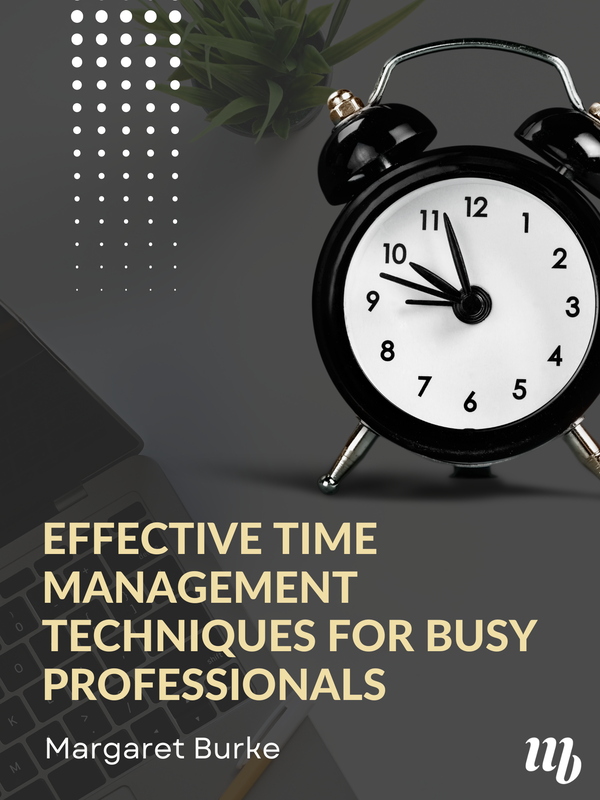
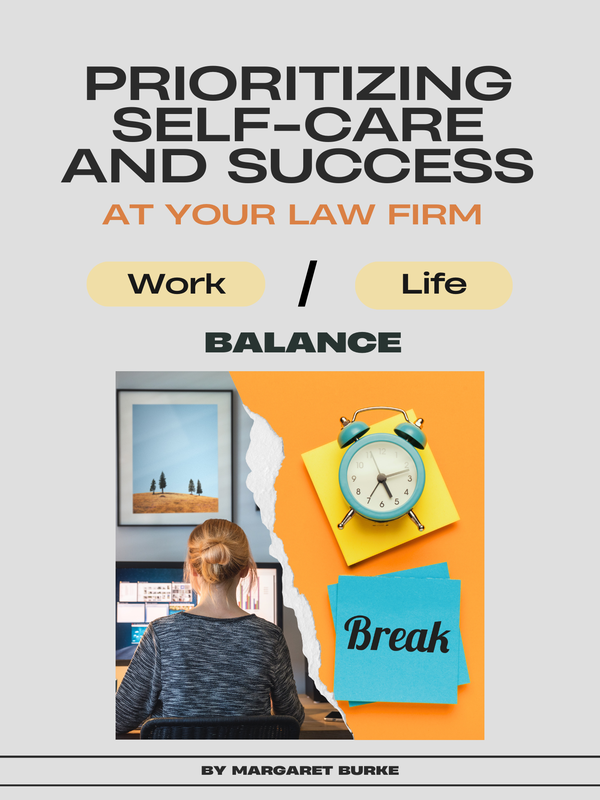

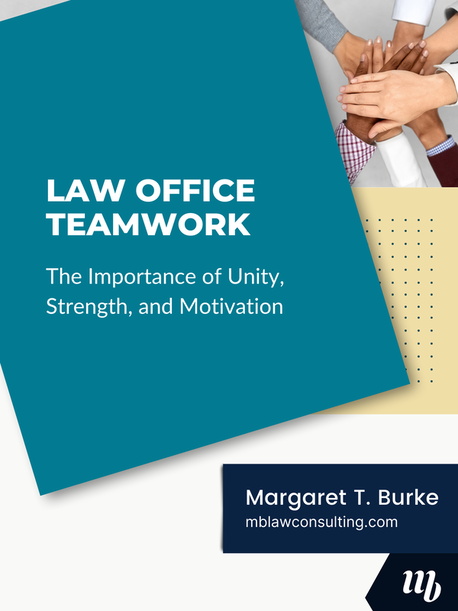

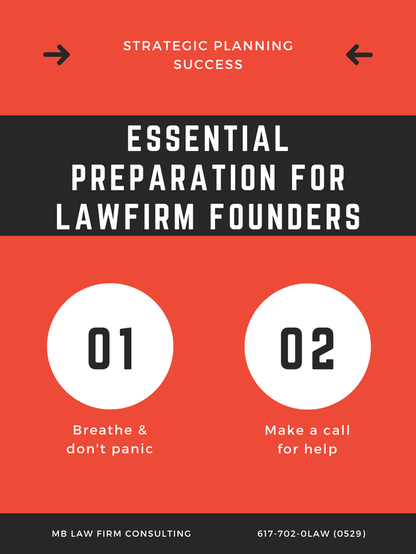

 RSS Feed
RSS Feed

